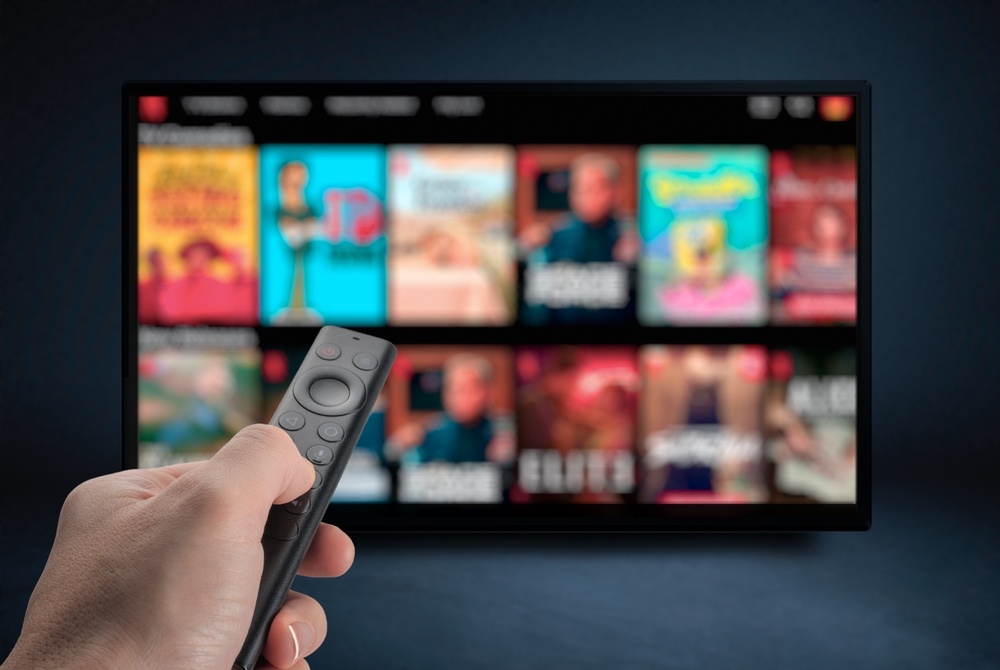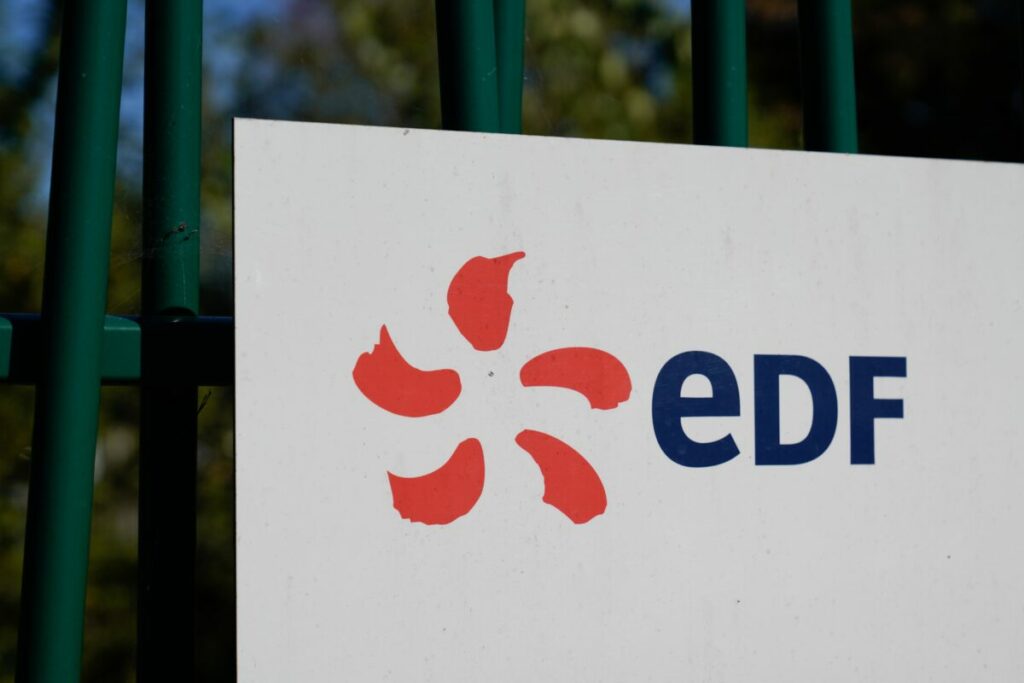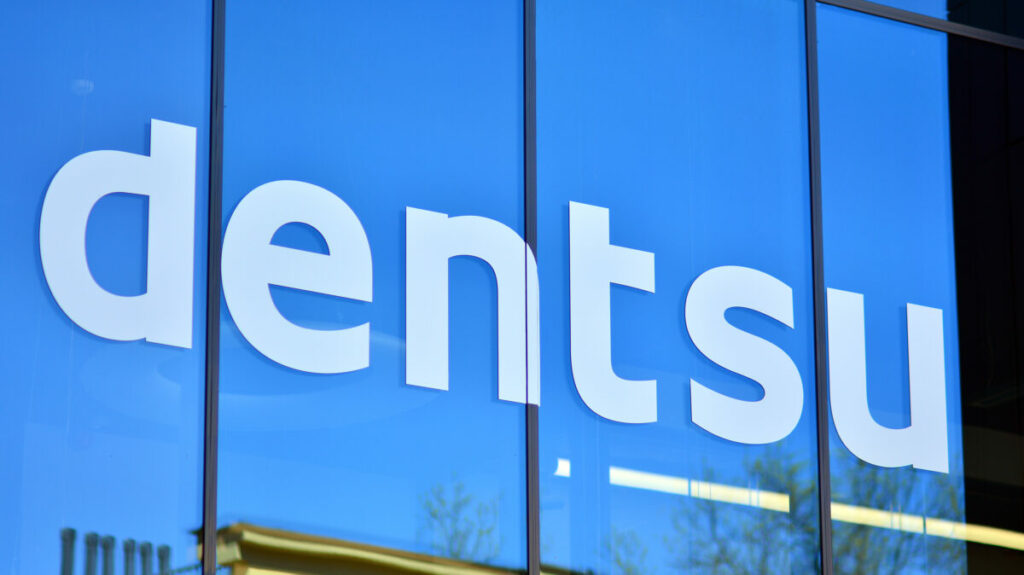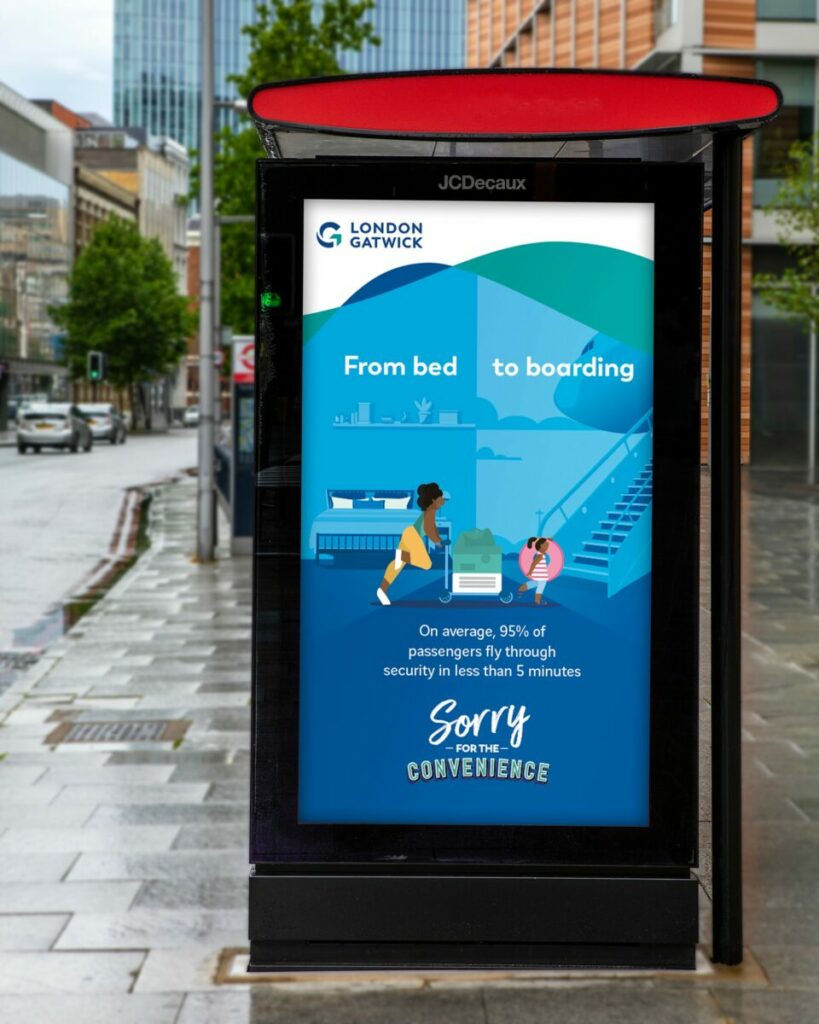Mattel’s free Barbie doll initiative rolled out in UK schools has sparked backlash and criticism, with experts labelling it as “stealth marketing” and “repulsive” in the British Medical Journal (BMJ).
The programme, ‘Barbie School of Friendship’, launched earlier this year and saw an estimated 150,000 students in 700 schools given free Barbie dolls with an aim to promote the teaching of social skills.
Yet the BMJ has now published an investigative piece, questioning both the programme’s potential role in reinforcing negative gender stereotyping and the toy manufacturer’s ulterior motive in marketing branded products in schools.
Schools in the programme were provided with 12 Barbie and Ken dolls, certificates, stickers, posters and other educational and promotional items – all of which contained Mattel’s logo and trademark.
In addition, promotional consumer competitions were aimed at pupils, with one leaflet reading, ‘Enter the ‘Barbie’s School of Friendship’ Competition for a chance to win a Barbie Toy Bundle worth £100!’
Subscribe to Marketing Beat for free
Sign up here to get the latest marketing news sent straight to your inbox each morning
The leaflets also instructed students to draw a ‘draw a friend/Barbie/Ken’, expressing a feeling of their choice to send in to SUPER for a chance to win, referring to the marketing company, SUPER, that was involved in creating and promoting the programme.
“Commercial entities like Mattel are not experts in children’s health or education, they are experts in selling products to maximise profits,” said public health registrar May van Schalkwyk, in the BMJ report.
“The Mattel materials are heavily branded – why should children be exposed to this type of stealth marketing?”
Another expert, psychotherapist and author of books on parenting and education, Philippa Perry, told the BMJ; “The project makes me suspicious that it may be exploitative. I feel faintly repulsed by it.”
Yet not all educators were alarmed by the initiative, with one expert saying Mattel’s offer to provide free resources as “positive”, given the lack of current funding in schools.
The latest piece follows an earlier paper released by the BMJ in 2020, which found “higher brain activity in children” when they played with Mattel dolls, rather than playing with electronic tablet computers.
Another toy manufacturer, Lego announced its intention to continue to work to remove gender stereotypes from its toys, after a study found the toys promoted gender bias in children.














